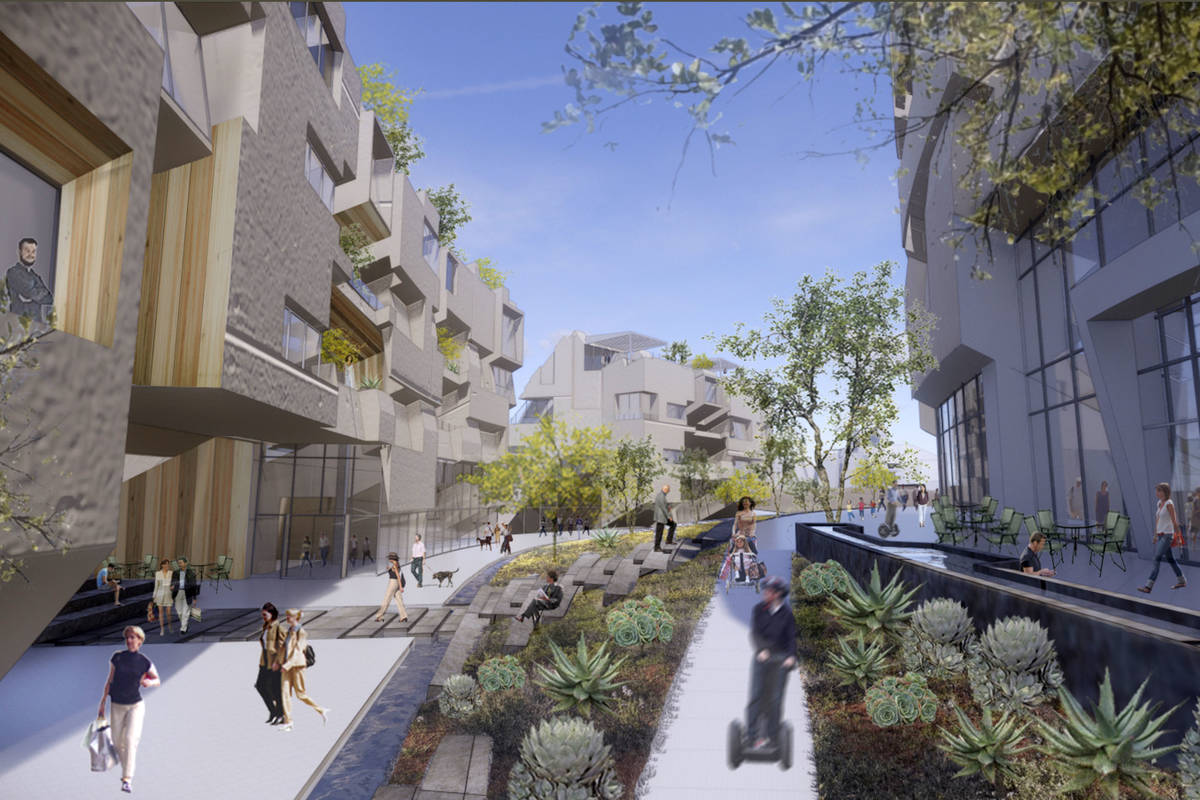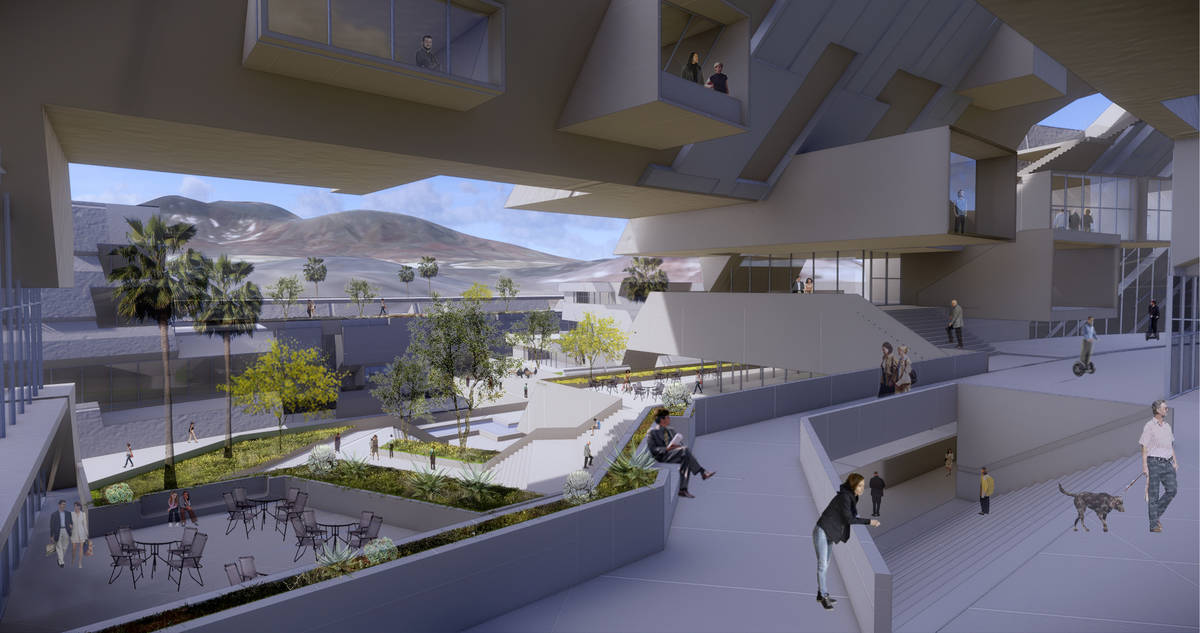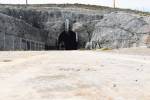Storey County opposes independent government for smart city
The rural county where a cryptocurrency firm wants to build a self-governing smart city voted Tuesday to oppose a key part of Gov. Steve Sisolak’s proposal to allow tech companies to create county-like governments.
The Storey County Commission voted 2-0 on a motion that included direction to county staff to “oppose separatist governing control and carving up of Storey County,” drawing a line in the sand between the local government and the governor over Sisolak’s proposed Innovation Zones. The third commissioner, Lance Gilman, was not present for the meeting.
According to the latest draft of the proposed legislation, which has not yet been introduced, the Innovation Zones would eventually break off from the local county in which they are located, and become a separate, independent government body with the same authority as a county in Nevada, including the ability to impose and collect taxes, form school districts and Justice Courts and provide government services.
“I find the self-governance piece a non-starter,” Commissioner Clay Mitchell said during Tuesday’s meeting.
Sisolak has said that that Blockchains LLC, the tech firm owned by Jeffrey Berns that bought 67,000 acres in Storey County in 2018, had committed to building a smart city in Northern Nevada that would run entirely on blockchain technology once the legislation was approved.
Mitchell and Storey County Commission Chairman Jay Carmona Carmona both said that they support the concept of Blockchains LLC’s smart city being built in the county. But the county should have more say in how that happens and the city should remain part of Storey County, they added.
“Storey County is very capable of serving the needs of Blockchains,” Carmona said.
One of the issues at hand is that the master plan does not allow for residential development in the Tahoe-Reno Industrial Center, where the majority of Blockchains LLC’s land sits. The plan does allow for 3,500 homes in Painted Rock, a smaller section of the company’s land.
Blockchains proposal, meanwhile, includes plans for 15,000 housing units and more than 36,000 permanent residents.
Carmona said that the lack of residential zoning inside the center is one of the key draws for attracting companies, saying that it helps reduce delays that would otherwise slow down approvals for businesses.
Storey County Manager Austin Osborne called the severing aspect of the proposal unnecessary, and said that Blockchains proposal fits within the county’s master plan for the area that was approved in 2016, sans the self-governance and building homes inside the industrial center.
Mitchell took issue with language in the current draft of proposal that states that the traditional local government model is “inadequate alone to provide the flexibility and resources conducive to making the State a leader in attracting and retaining new forms and types of businesses and fostering economic development in emerging technologies and innovative industries.”
“I don’t believe this is true. I don’t find that this assertion has merit,” Mitchell said, noting that the county has been successful in attracting big tech companies like Tesla, Google and Switch to the Tahoe-Reno Industrial Center. “Somehow these emerging technologies and innovative industries have found a way to work within our model.”
For Storey County, being called too slow or restrictive on development is a rarity, Mitchell added.
“We often taken heat for being too flexible or moving too fast,” Mitchell said.
Contact Capital Bureau Chief Colton Lochhead at clochhead@reviewjournal. Follow @ColtonLochhead on Twitter.






























